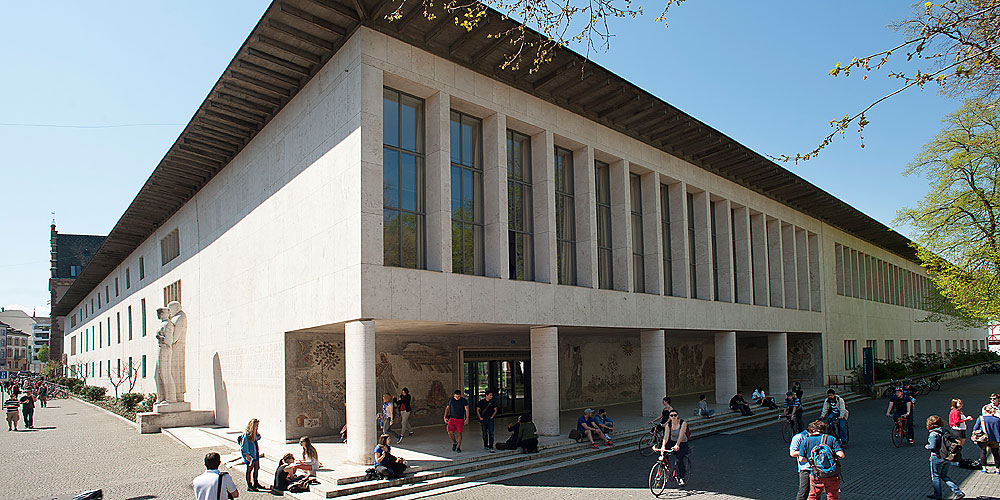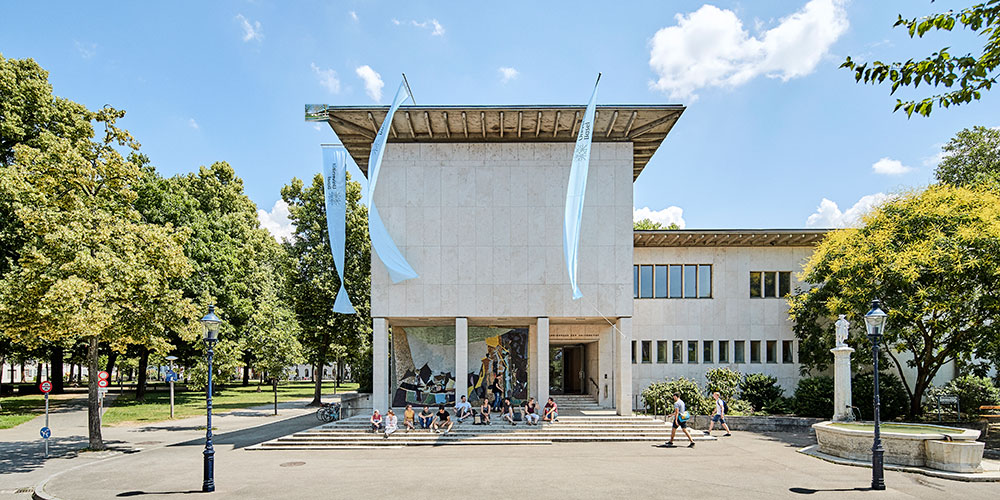University of Basel researchers have reached an important milestone in their quest to produce more sustainable luminescent materials and catalysts for converting sunlight into other forms of energy. Based on the cheap metal manganese, they have developed a new class of compounds with promising properties that until now have primarily been found in noble metal compounds.

The President’s Office has awarded temporary assistant professorships to four female fellows of the PRIMA SNSF funding program. This will strengthen the researchers’ status for the duration of the grant.

Many scientific experiments require highly precise time measurements with the help of a clearly defined frequency. Now, a new approach allows the direct comparison of frequency measurements in the lab with the atomic clock in Bern, Switzerland.

For decades, a key brain area has been thought to merely regulate locomotion. Now, a research group in Basel has shown that the region is involved in much more than walking, as it contains distinct populations of neurons that control different body movements. The findings could help to improve certain therapies for Parkinson’s disease.

Prof. Michael Nash has been promoted to Associate Professor for Engineering of Synthetic Systems by the President’s Board of the University of Basel. Since 2016, Nash has served as Assistant Professor at the University. His research focuses on characterization and optimization of protein biophysical properties.

For the first time, University of Basel researchers have equipped an ultrathin semiconductor with superconducting contacts. These extremely thin materials with novel electronic and optical properties could pave the way for previously unimagined applications. Combined with superconductors, they are expected to give rise to new quantum phenomena and find use in quantum technology.
If you can’t buy cigarettes, you won’t start smoking – such is the thinking behind the ban on selling cigarettes to young people. A new Basel study for Switzerland has revealed, however, that while the ban does not make smoking more attractive, neither does it act as a significant deterrent.

Spatial reasoning ability in small children reflects how well they will perform in mathematics later. Researchers from the University of Basel recently came to this conclusion, making the case for better cultivation of spatial reasoning.

The electronic properties of graphene can be specifically modified by stretching the material evenly, say researchers at the University of Basel. These results open the door to the development of new types of electronic components.

